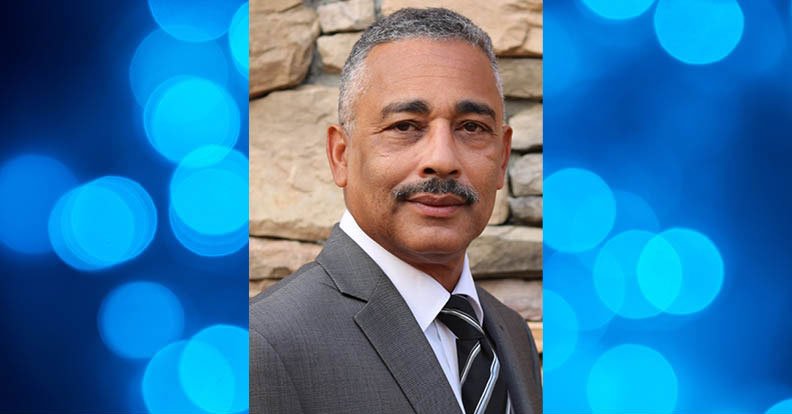CARLSBAD — One man’s leadership and smarts have led to a prestigious award. And he almost forgot about it.
Kaso John, 59, is a research and development project manager for Leidos in Vista and was named the 2020 Black Engineer of the Year for Innovation in Modern Day Technology by the Career Communications Group.
John, who’s lived in Carlsbad since 1997, submitted his nomination in fall 2020 at the urging of his mentor Kathy Hedges and colleagues. However, John told The Coast News he had forgotten about the award until he learned he had won and praise from his co-workers and company leadership started rolling in.
“I’m thrilled he got it,” Hedges said. “He’s very modest and doesn’t like the attention, but now is his time to pay it back.”
John was one of several winners out of 475 finalists for non-intrusive inspection and radiation detection, with applications for U.S. Border and Customs Protection and Transportation Security Administration, among other agencies.
His responsibilities include gathering resources and developing, implementing and executing projects.
“This isn’t for me, this is for the next generation that they can do things, can achieve and they will be recognized,” John said about the award.
John’s journey was filled with obstacles and one reason he was happy to accept the recognition (which typically goes against his humble personality) was to show other young Black students they can do it, too.
Born in Jamacia, he moved to the Bronx, N.Y. as a teenager and enrolled at Aviation Career & Technical Education High School, where he became enthralled with math and engineering. John attended State University New York Binghamton where he was one of just a handful of Black engineering students, and the only Black mechanical engineering student.
At times, John was cut out of study groups and not perceived as someone who’d be successful in the industry. But he thrived, beginning his career in aerospace before landing a job with Science Applications International Corporation, according to John.
At Leidos, John said, he’s always been given the tools and resources to succeed, something over the course of time and his career, wasn’t always afforded to other Black engineers. Still, the growing numbers of Black engineers and students involved in science, technology, engineering and math (STEM) has been positive, he added.
“I’m deeply appreciative for all the work that’s been going on to make the advancements that we’ve made,” John explained. “I’m grateful because we didn’t stay stagnant and didn’t move backward. There’s a lot of rhythmic growth.”
But as science and engineering has evolved, so too has the interest, or at least the perception of more interest, of more Black students in engineering, John said. With the explosion of the internet and computer science, though, more jobs and opportunities have opened up to not only Black students but women as well.
Upon reflection, however, John looks at the differences in public education in the U.S. versus his native Jamacia, which used a British model focused more heavily on science and math. But he credits his parents for supporting his interests in STEM.
In the workplace, though, Hedges said John not only has the technical capabilities but also the creative ones and has the ability to develop, implement and execute projects quickly. Also, he’s team-oriented and able to get people to work together to meet their objectives.





